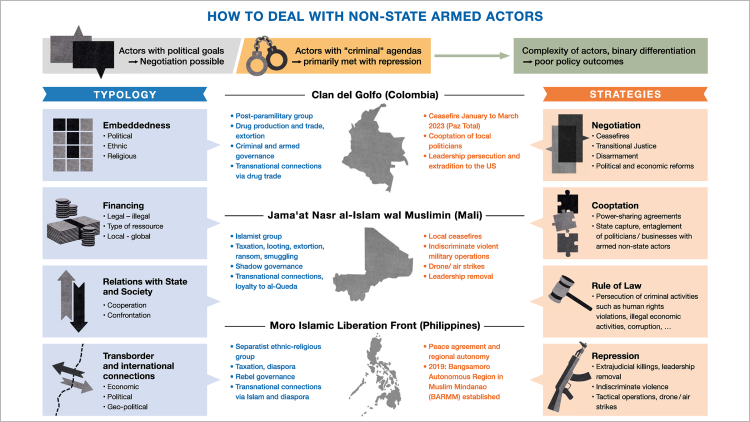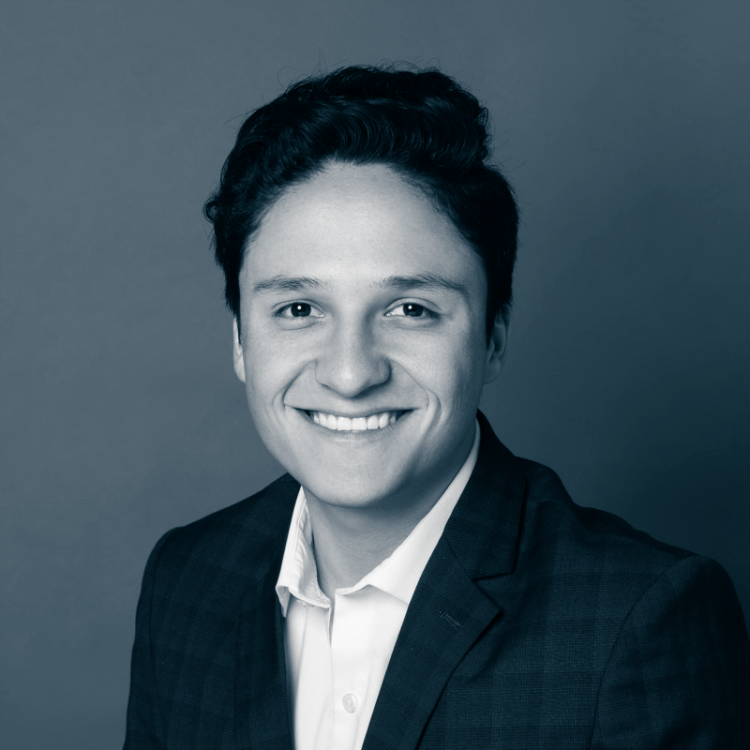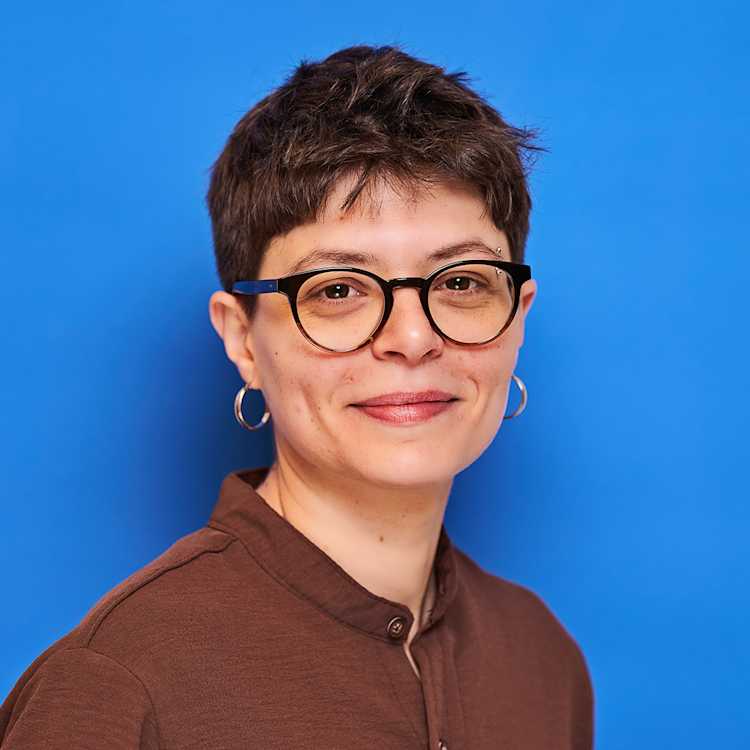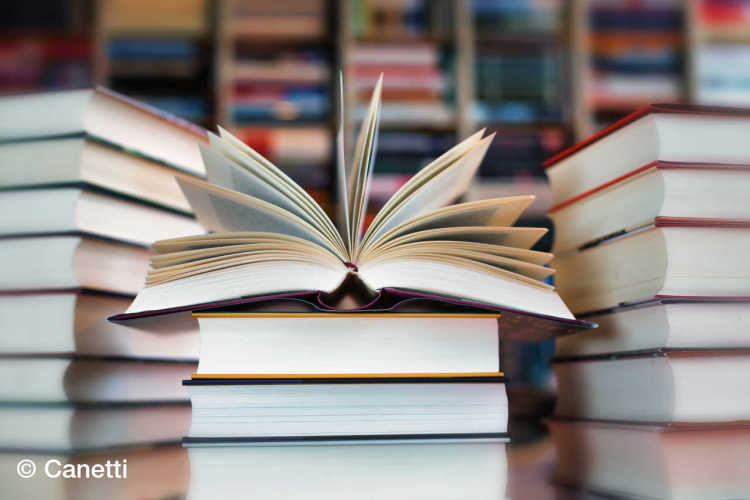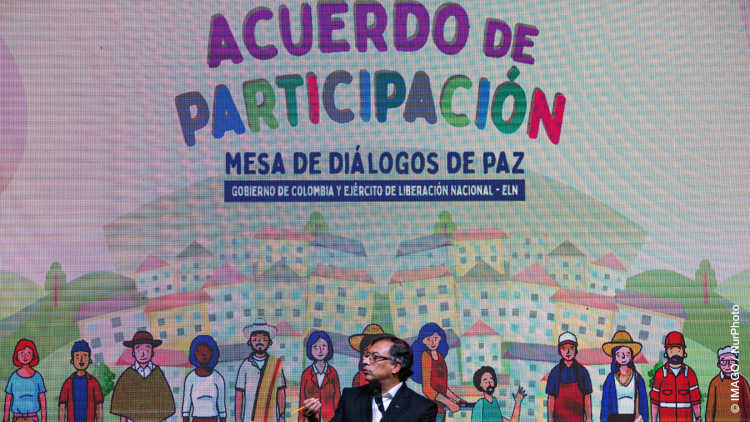- Startseite
- Veranstaltungen
- Konferenzen und Workshops
- Transnational Drug Trafficking in Global Context: Common Challenges, Comparative Insights and Lessons Learned
Kooperationsveranstaltung
Transnational Drug Trafficking in Global Context: Common Challenges, Comparative Insights and Lessons Learned
Datum
08.04.2025
Beginn
16:30 Uhr (MESZ)
Ende
18:30 Uhr (MESZ)























Record cocaine seizures in European ports dominate headlines. Yet drug trafficking routes are not exclusive to the Atlantic, drug production is not limited to the Andean region, and drug wars are not only waged in the global North. Drug trafficking routes adapt constantly, seeking points of fewer risks and least resistance, whether in the Caribbean, West Africa, or elsewhere. Proceeds from drug production can prop up all sorts of violent actors. For instance, Captagon production provided crucial income to the Assad regime in Syria. And, punitive drug policies have been pursued in different times and places. For example, in the Philippines, massive human rights violations were committed in the name of fighting drugs. Taking such developments into consideration is paramount for not repeating mistakes, learning lessons, and finding better responses to transnational drug trafficking.
This discussion brings together experts on drug policy and drug trafficking in the Middle East, the Caribbean, Southeast Asia, and West Africa to analyse the characteristics, causes, and consequences of drug trafficking and drug policy across the globe. As such, the discussion contextualizes the challenges of transatlantic drug trafficking, teases out commonalities and differences, and provides comparative insights into what works and what does not work in fighting drug trafficking. By looking beyond Europe and Latin America, the discussion highlights the global nature of drug trafficking, assesses emerging trends across regions, and furthers international exchanges about shared problems and effective solutions.
This discussion is the closing session of the two-day Expert Workshop “Port Cities Fighting Transatlantic Drug Trafficking,” in which experts from diverse disciplines analyse, discuss, and reflect on transnational drug trafficking, port’s crucial role in maritime drug trafficking routes, and the challenges of counteracting lucrative drug economies, designing evidence-based counternarcotics measures and mitigating the negative consequences of both drug trafficking and drug policies.
Speakers: Lucia Bird Ruiz-Benites de Lugo, Global Initiative Against Transnational Organised Crime (GITOC)
Gloria Lai, International Drug Policy Consortium (IDPC)
Dr. André Bank, German Institute for Global and Area Studies (GIGA)
Professor Ivelaw Lloyd Grifitth, Center for Strategic and International Studies (CSIS)
Professor Gabriel Feltran, Sciences Po
Moderator: Prof. Sabine Kurtenbach, GIGA President (ad-interim)
Organisers: GIGA: Prof. Sabine Kurtenbach (President), Dr. Jonas von Hoffmann, Julia Kramer, and Janaina Maldonado
EULAC Foundation: Alberto Brunori (Director), Diego Durán Cruz, Stela Čopianová, Ernesto Pinto
This workshop is supported by the Senate of Hamburg and the "Transfer for Transformation (T4T)" project at the GIGA, funded by the Leibniz Association through its Leibniz Competition grant, T95/2021.
Explore our dynamic data visualizations on drug flows and uncover key insights into global trends – enhancing your analysis with comprehensive and up-to-date data, fostering discussion and deeper exploration throughout our event.
Adresse
International Maritime Museum, Koreastraße 1, 20457 Hamburg, Germany, Hamburg
Sprache
Englisch
Registrierung erforderlich
